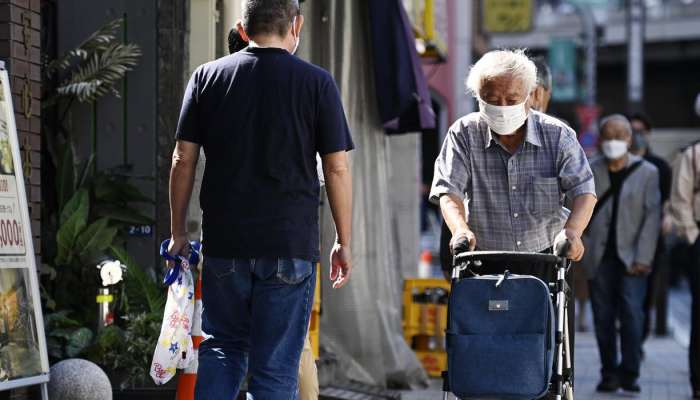
Tokyo: Japanese Prime Minister Fumio Kishida on Monday said his government would soon put in place urgent measures to boost the country's birthrate.
The country currently has the second-oldest population in the world behind Monaco, with the aging and shrinking population having major implications for the economy.
In a speech at the start of this year's parliamentary session, Kishida said Japan was at risk of being unable to function properly because of its aging population.
"Our nation is on the cusp of whether it can maintain its societal functions," he said.
"It is now or never when it comes to policies regarding births and child-rearing — it is an issue that simply cannot wait any longer," he added.
"We must establish a children-first economic society and turn around the birth rate,'' Kishida said.
He said his government would submit plans for doubling the budget for relevant policies by June and that it would establish a new agency for children and family affairs in April.
What is the birth-rate situation in Japan?
Despite Japan's attempts in recent years to encourage people to have more children — including promises of financial bonuses and better benefits — birthrates in the country have been in continuous decline for 14 years.
Japan now has the second-highest median age in the world, 49, trailing only Monaco at 55. The average median age in the majority of populations across the world is between 30 and 40. In Germany, the median age is also high, at almost 46.
Japan ranks as the third-most-expensive in the world to raise a child in relative terms, according to YuWa Population Research.
In this regard, it is behind only China, which last week reported that its population had dropped in 2022 for the first time in six decades, and South Korea.
Last year, the number of children born in Japan dropped below 800,000 for the first time — a milestone that arrived eight years earlier than predicted by the government.
Although the country boasts the world's third-largest economy, its high living costs combined with sluggish wage increases appear to have discouraged many young people from starting families, despite promised subsidies.
The population of Japan is projected to fall from its current more than 125 million to just 86.7 million by 2060, a decline that would have huge economic and security consequences.